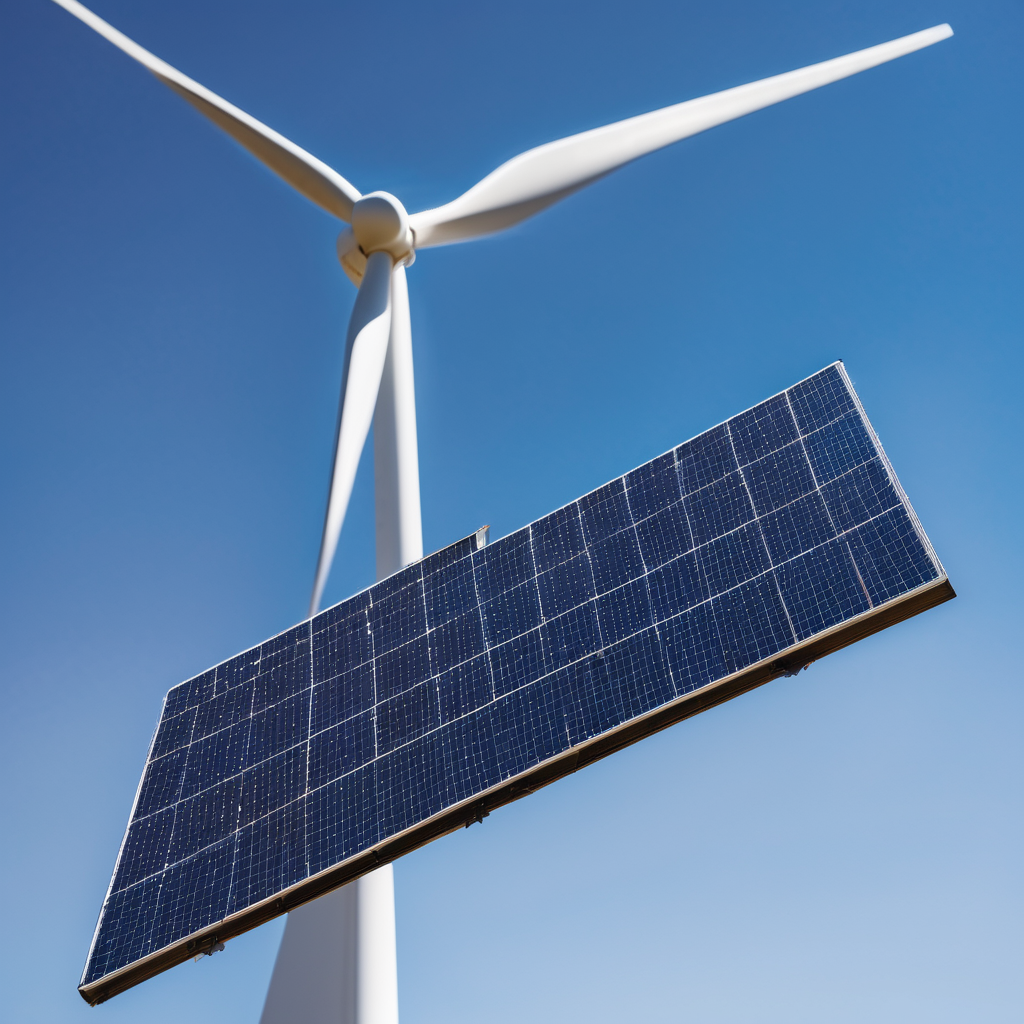Rich countries are showing diminishing enthusiasm for addressing the climate crisis, according to André Corrêa do Lago, president of the UN climate talks. In contrast, China is advancing rapidly in the production and use of clean energy equipment, suggested do Lago, the Brazilian diplomat leading the COP30 conference starting Monday in Belém, Brazil. He emphasized that more countries should emulate China’s proactive measures rather than lamenting their losses in competitiveness.
The shift in focus from the global north is an ongoing trend, noted do Lago, stating, “It is not just this year, it has been moving for years, but it did not have the exposure that it has now.” Highlighting China’s role as the world’s largest emitter of greenhouse gases and its position as a top producer and consumer of low-carbon energy, he asserted that China is offering solutions beneficial for all nations. He elaborated that solar energy has become increasingly affordable and competitive compared to fossil fuels, marking significant progress in global efforts to combat climate change.
The COP30 conference, which gathers ministers and high-level officials from 194 nations, aims to establish actionable plans to adhere to the Paris Agreement’s goal of limiting global warming to 1.5 degrees Celsius. Vulnerable countries are particularly eager to develop strategies that enhance their commitments to reducing greenhouse gas emissions, with current pledges indicating a potential temperature rise of 2.5 degrees Celsius.
Ilana Seid, Palau’s UN ambassador and a representative for the Alliance of Small Island States (AOSIS), emphasized the need for a comprehensive global approach to achieving deeper emissions cuts. She warned that without rapid and effective policies, hopes for limiting the temperature rise will fade. “The 1.5C target must be our north star,” she stated, underscoring the urgency of the situation.
The Brazilian hosts intend to concentrate on “implementation,” aiming to actualize previously made commitments, including greenhouse gas reduction and the advancement of renewable energy. However, AOSIS advocates for more aggressive policies to expedite emission reductions, highlighting the need to avert a disastrous future.
Additionally, the conference will address financial commitments to support developing nations affected by climate change, as well as a roadmap to phase out fossil fuels. Despite months of preparations, significant disagreements regarding conference agendas are expected.
At the same time, alarming data reveals that compliance with the prior global methane pledge, established at COP26, is faltering. Analysis indicates rising emissions among major signatories, with methane, a potent greenhouse gas, necessitating urgent action to mitigate its impact on global temperatures.
The call for a stronger and binding agreement on methane emissions echoes through the discourse, as experts assert that current voluntary commitments are insufficient to avert critical environmental tipping points. The landscape is challenging, but leaders and advocates remain hopeful that the insights and collaborations fostered at COP30 will pave the way for transformative climate action and a healthier planet.
